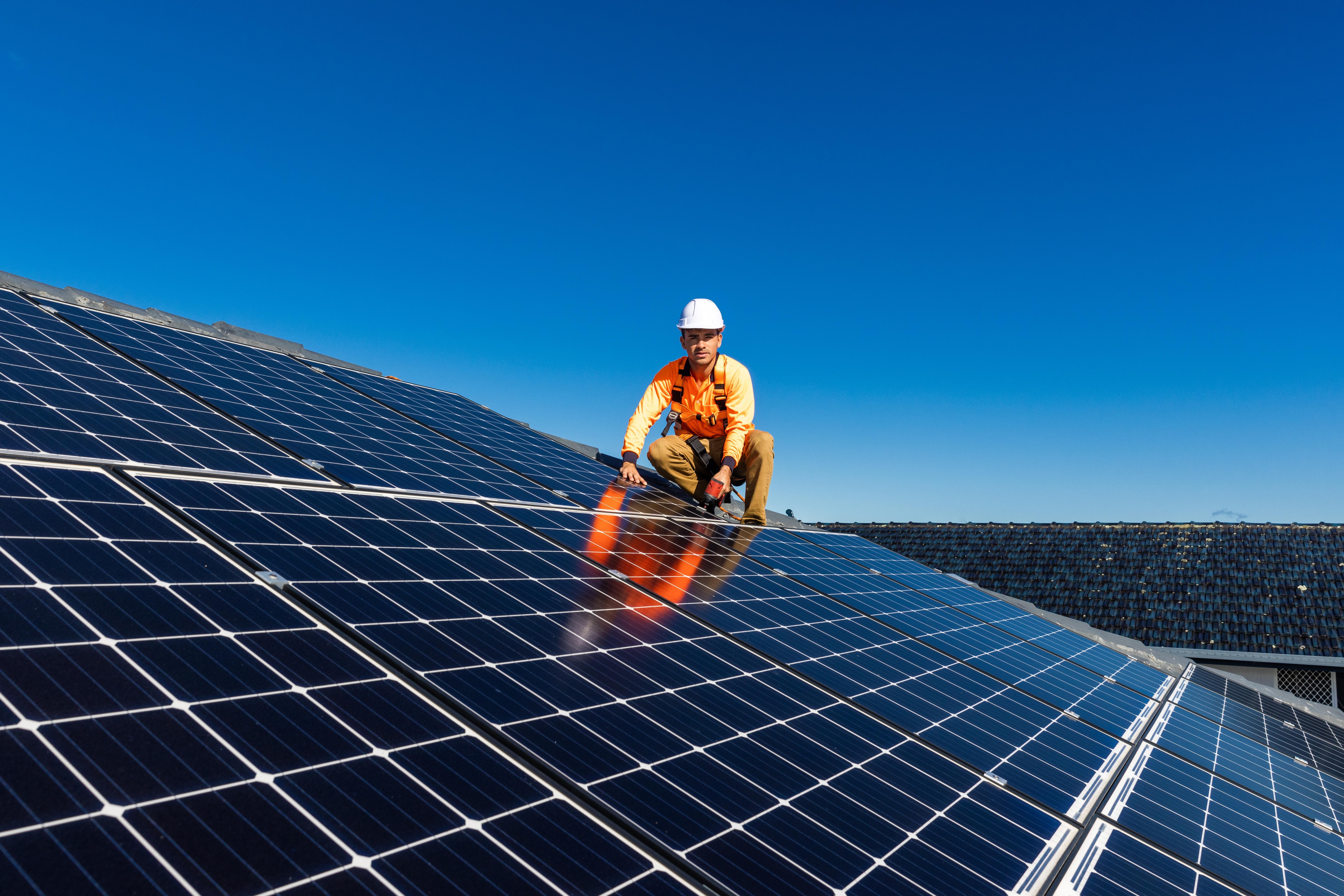 (NewsUSA)
(NewsUSA) - As America’s need for electricity grows, solar energy is stepping up to meet the moment. Today, utility-scale solar power now generates enough electricity to power 22 million homes. In 2024 alone, a record 33 GW+ of new solar capacity was added to our power grid.
- As America’s need for electricity grows, solar energy is stepping up to meet the moment. Today, utility-scale solar power now generates enough electricity to power 22 million homes. In 2024 alone, a record 33 GW+ of new solar capacity was added to our power grid.
Solar energy is more than just clean energy— it is an economic powerhouse. The solar sector employs nearly 261,000 Americans across all 50 states, more than any other clean energy sector. Since 2020, more than 20,000 new solar jobs have been added, many of them filled by U.S. veterans.
These projects also deliver major benefits to local communities. Utility-scale solar contributes over $550 million annually in land lease payments to American landowners, and $375 million in tax revenues to state and local governments. That means more money for schools, infrastructure, and services—and more economic opportunities in rural areas.
Solar panels are safe, effective, and sustainable. They are built to last for decades, even in extreme conditions. Many panels continue to operate well beyond their warranty period and can often be reused or refurbished. In fact, thanks to new recycling technology, over 90% of a panel’s materials can be reused.
America is also ramping up solar manufacturing. In 2024, more than 20 U.S. solar component manufacturing facilities were commissioned, including the largest expansion of U.S. solar module manufacturing production ever. In fact, U.S. solar module manufacturing is now on pace to match domestic demand by next year. But these facilities still rely on an international supply chain of specialty inputs.
However, demand is outpacing supply. U.S. made panels are already sold-out years in advance, creating the need for imports to fill the gap. Bridging this gap will require continued investment and faster policy action to scale production at the pace needed to meet surging demand.
To keep the momentum going, maintaining consistent, long-term policies is essential. Sudden changes in trade or tax rules can disrupt progress and delay the clean energy projects that Americans and businesses are counting on for reliability and energy security. The path forward requires clear, reliable guidelines to support the investment needed to strengthen American manufacturing and power the energy transition.
